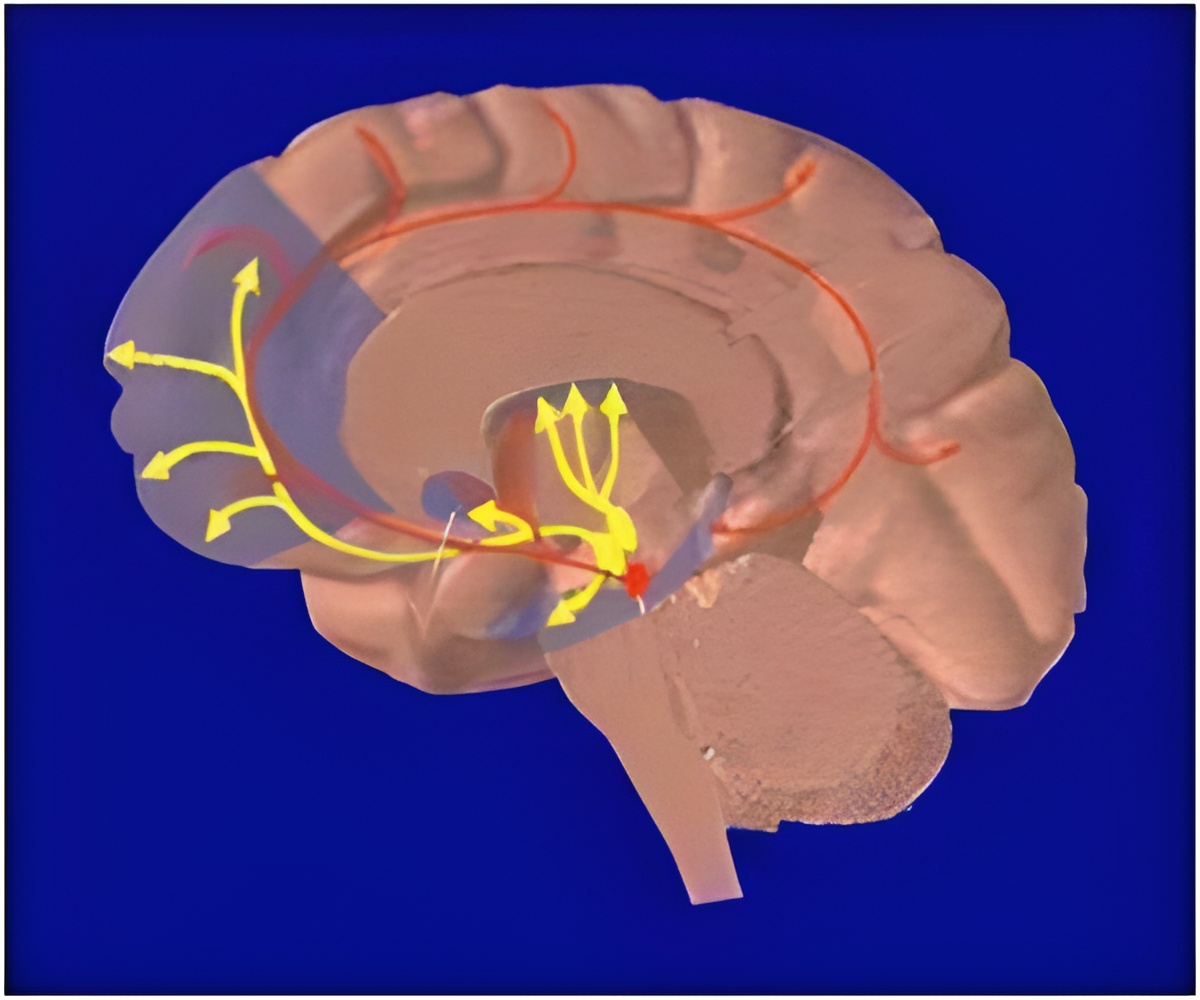
It is said that modern humans had an evolutionary spilt from rhesus monkeys about 25 million years back. This has probably allowed the human brain to evolve and have a unique brain structure.
Professor Vanduffel wrote: “We did functional brain scans in humans and rhesus monkeys at rest and while watching a movie to compare both the place and the function of cortical brain networks. Even at rest, the brain is very active. Different brain areas that are active simultaneously during rest form so-called ‘resting state’ networks. For the most part, these resting state networks in humans and monkeys are surprisingly similar, but we found two networks unique to humans and one unique network in the monkey.”
“When watching a movie, the cortex processes an enormous amount of visual and auditory information. The human-specific resting state networks react to this stimulation in a totally different way than any part of the monkey brain. This means that they also have a different function than any of the resting state networks found in the monkey. In other words, brain structures that are unique in humans are anatomically absent in the monkey and there no other brain structures in the monkey that have an analogous function. Our unique brain areas are primarily located high at the back and at the front of the cortex and are probably related to specific human cognitive abilities, such as human-specific intelligence.”
Source-Medindia













